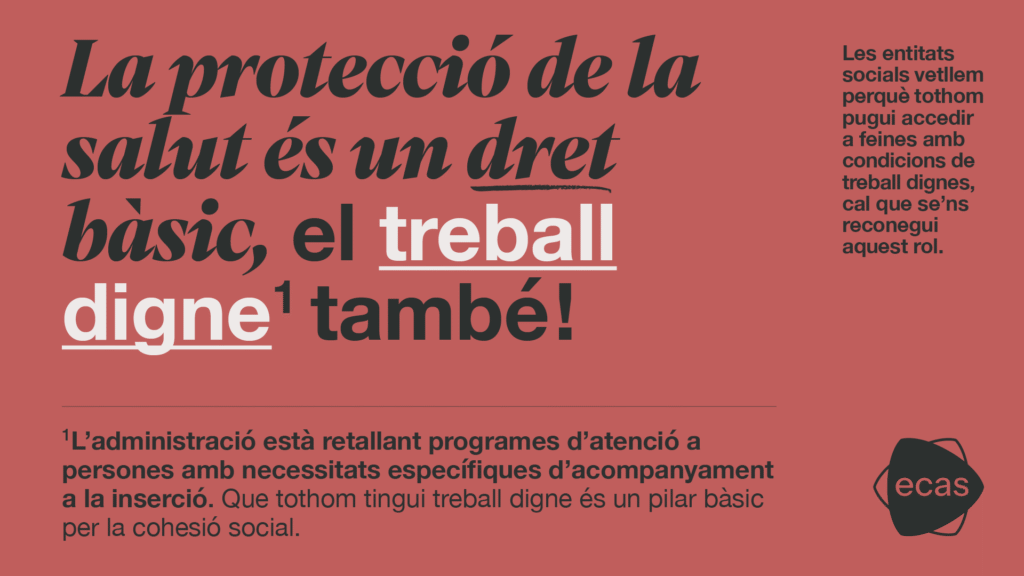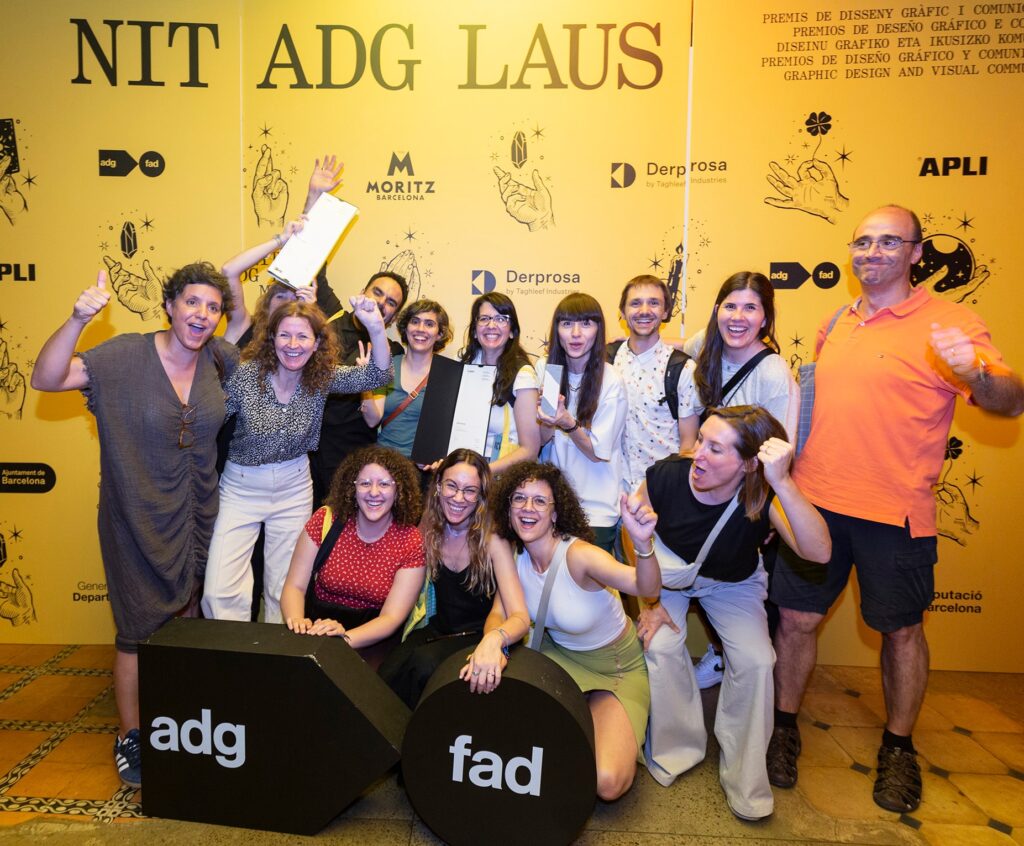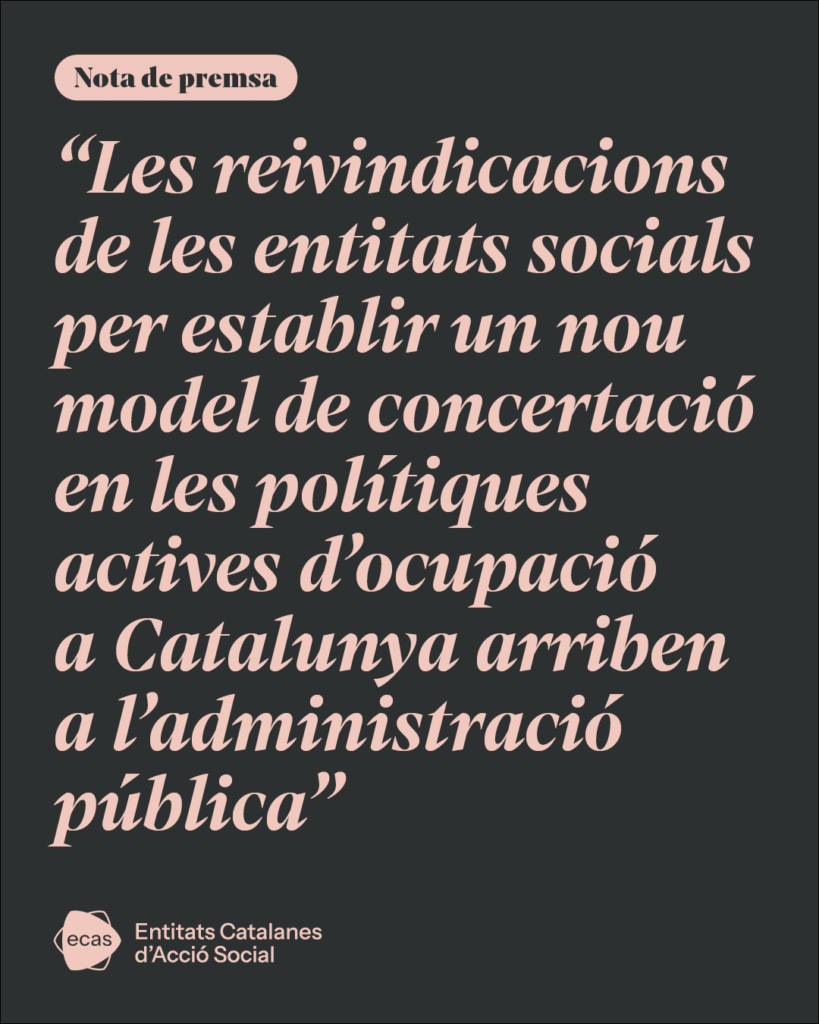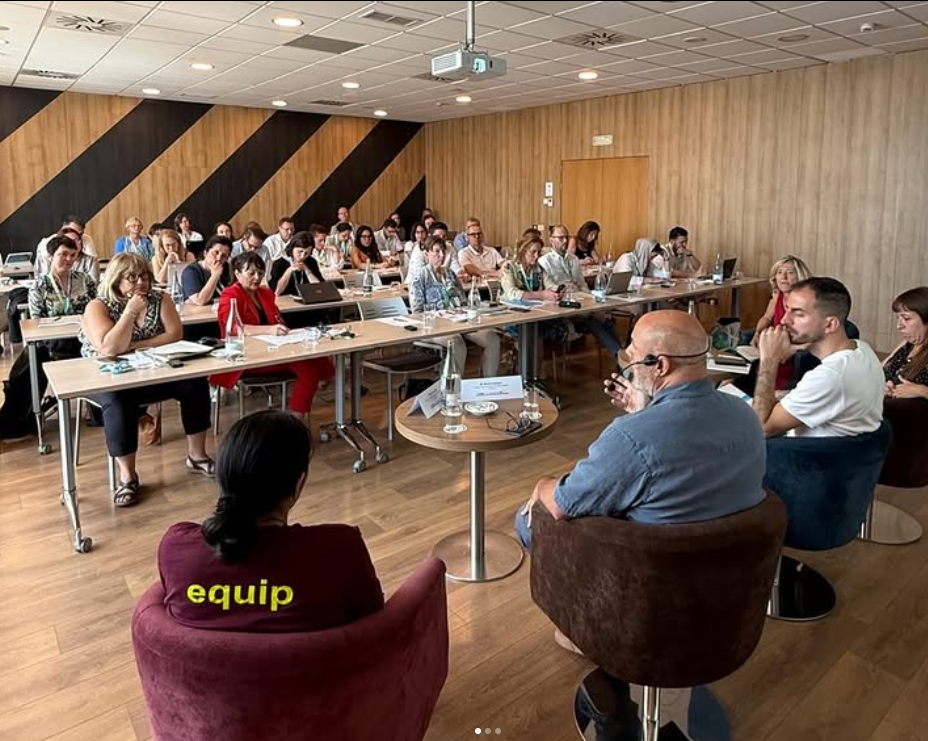Do better by Esade:
The case of Mescladís
Mescladís and other social enterprises show a way to make a positive contribution to society.
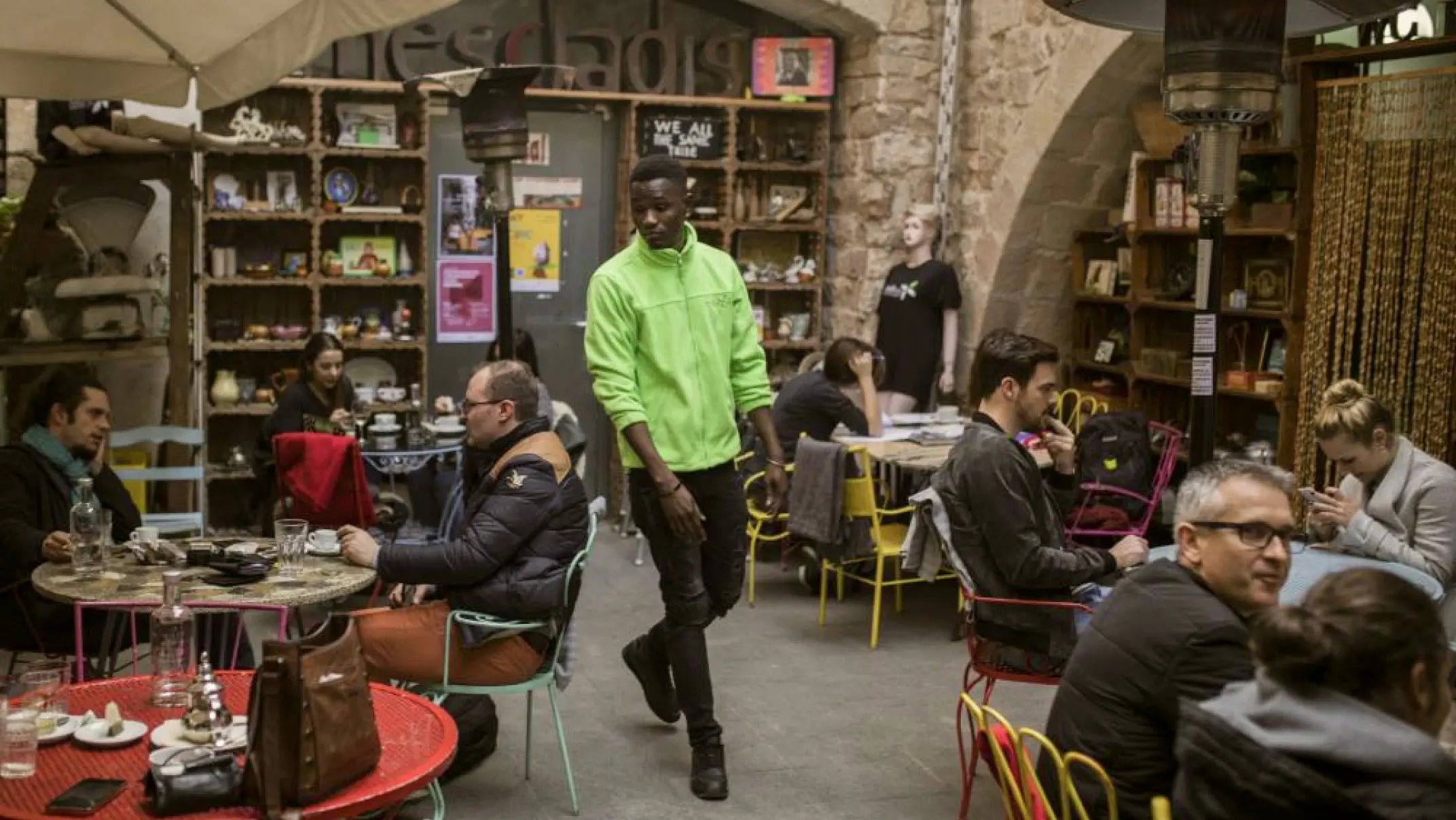
How to manage stress in social enterprise supply chains.
In an article published in the Journal of Supply Chain Management, Longoni and his co-authors analyze seven different relationships of Mescladis with its stakeholders. Mescladis is a social enterprise that provides training and support to migrants by conducting activities and contributing funds from its food service business.
"The social enterprise's logic is often not well aligned with the stakeholders in its supply chain," explains Longoni. "And this creates tensions and a difficult context when it comes to managing these relationships, which has an impact on both the social effectiveness and the economic stability of the social enterprise."
The answer, he says, is to establish a common purpose - or underlying logic - in every element of the stakeholder relationship. "These relationships include both profit-oriented supply chain stakeholders and paying customers," he adds. "We need to align the ends of social enterprise in each of these relationships."
The case of Mescladís
Mescladis is a Barcelona-based social enterprise that provides training and work experience to migrants through the implementation of activities and the provision of funds from its food service business. This places Mescladis at the nexus of two complete supply chains whose purposes differ: a social objective and a commercial objective.
The mismatch between the two objectives creates tensions and a difficult context for relationship management, which has an impact on both the social effectiveness and the economic stability of the social enterprise.
Longoni and his co-authors have studied these relationships in order to identify a series of relationship management techniques for social enterprises. "They are also applicable to traditional organizations seeking to manage conflicting relationships with their stakeholders," he adds.
Internship training
Mescladis must take into consideration, in its relations with trainees, both its social welfare obligations and commercial logistics aspects. Its support for training and job search is only possible thanks to its commercial activity, which offers positions for trainees. The latter also act according to a double logic of substance: they expect to receive support through the training program (social welfare), as well as to benefit from the various social services offered by the government (regularization).
Both parties experience tensions between the social welfare logic they share and the different background logic of each party. The logic of regularization of interns can discourage them in their commitment to training and come into tension with the pursuit of Mescladis' social mission. This conflict may reduce the financial resources generated by the restaurant's activities to help future beneficiaries of internships.
Solution: Trust
Mescladis' diverse and multicultural team builds trust by sharing their own traumatic experiences and reiterating the message that they are working in the interns' best interests. In doing so, a personal and emotional connection is established, and interns respond with increased motivation and commitment to their internships.

Mescladis/Restaurant customers
After receiving initial training as kitchen or service staff, the migrants work in Mescladis' own restaurant before moving on to another. This provides Mescladis with a double bottom line: social welfare (training migrants) and commercial (satisfying customers). Customers adopt a commercial logic, expecting to receive good food and good service, and tension arises when there are complaints about slow service, incorrect orders or other service failures.
Solution: Provide context
Mescladis communicates its social mission in the restaurant, sharing the experiences of migrants through storytelling on menus, posters and food products. At the same time, Mescladis believes it is crucial to offer good food and good service, and believes that customers should not tolerate a bad experience. Good food and a good experience should be the main reasons for customers, and this in turn will improve social effectiveness.
Mescladis/Social Entity A (ESA) and B (ESB)
Mescladis collaborates with ESA and ESB, whose mission is to help migrants. ESA and Mescladis share the same underlying social welfare-oriented logic: to help as many of ESA's clients as possible. But ESA's logic of regularization to help migrants clashes with Mescladis' commercial constraints and the volume of training it can provide.
Solution: Trust
ESA relies on Mescladis' training capacity, its empathy with the situation of migrants and ESA's own challenges. ESB applies a predominantly commercial logic to Mescladis and sees it as a service provider through its trainees. This causes tensions with Mescladis' social welfare logic.
Solution: Formalism and expert power
ESB demands efficient service and timely feedback, so it has signed an annual contract with Mescladis for a negotiated fee. Mescladis has developed internal processes to collect and formalize the information requested by ESB. As a result, Mescladis has preferred supplier status.
Restaurants admire Mescladis because they successfully achieve their shared social mission, and thus put their business activity at your service.

Mescladis/Restaurants RA, RB and RC
Hospitality companies are essential stakeholders in the social welfare supply chain, hiring migrants first as trainees and eventually as full-time employees.
RA has a double bottom line: commercial and regularization. It strictly complies with Spanish labor legislation, which allows short-term contracts but does not hire people without papers. It prefers short contracts because of its seasonal demand, while Mescladis' trainees need to have a one-year contract to obtain legal status.
Solution: Legitimate power and formalism
Mescladis minimizes the risk arising from the regularization of AR by agreeing with the authorities to take responsibility for the trainees for the necessary period of work. It adopts a formal approach to the assessment of professional and personal development before sending workers on RA internships.
The tensions that surface in relationships with RB and RC are limited. These are guided by social welfare, but tensions may arise because of the peripheral commercial logic of the restaurants.
Solution: Referent power
The restaurants look up to Mescladis because they successfully achieve their shared social mission, and thus put their business activity at its service. To overcome possible tensions with the business activity, the parties act in a mutualistic manner: Mescladis provides trainees when the restaurants need them and the restaurants help Mescladis with job placement after the end of the traineeship.
Three approaches to managing stress
Using these examples, Longoni and his co-authors have identified three specific approaches to relationship management: complementarity, acceptance and accommodation.
The complementarity approach, achieved through mutuality and referent power, allows each party to recognize a peripheral logic in support of the common logic. The acceptance approach, achieved through altruism and trust, provides each party with the empathy to accept the tensions between a common underlying logic and the different logics of each party. Finally, the approach of accommodation through formalism and legitimate or expert power allows the parties to accommodate tensions in the face of different prevailing logics.
Longoni concludes: "The study offers a number of relationship management mechanisms that a social enterprise can deploy to address tensions in the relationship with stakeholders in its supply chains. Mescladis and other social enterprises show a way to make a positive contribution to society. They promote efficiency and financial stability, from a commercial point of view, while promoting an innovative and positive way for the public to become more aware of social issues."
ORIGINAL ARTICLE
SHARE
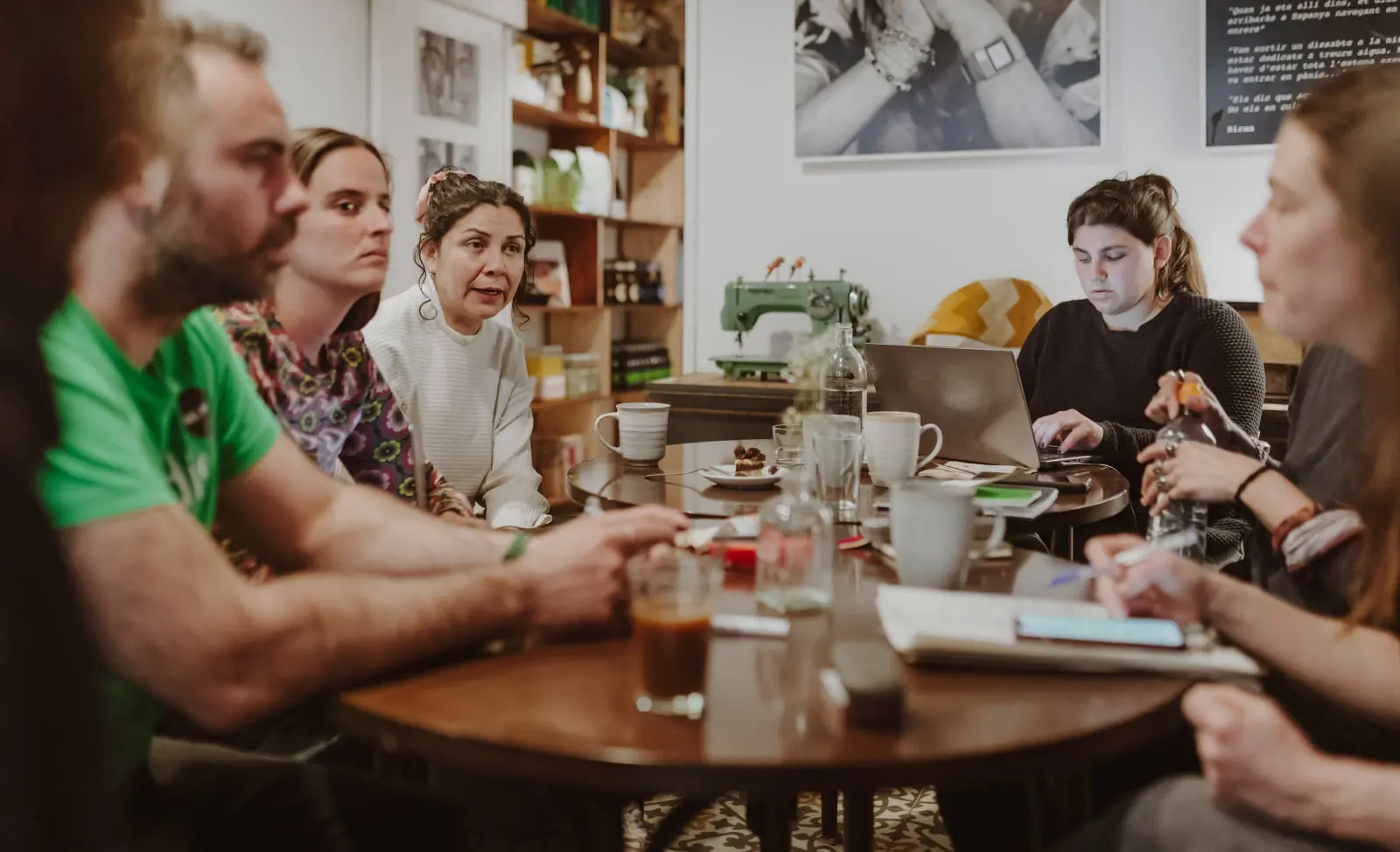
Become a member
Become a Mescladís member and support our initiatives for a more inclusive and cohesive community.

